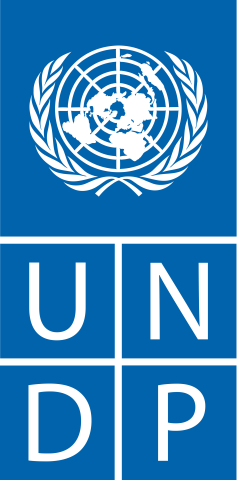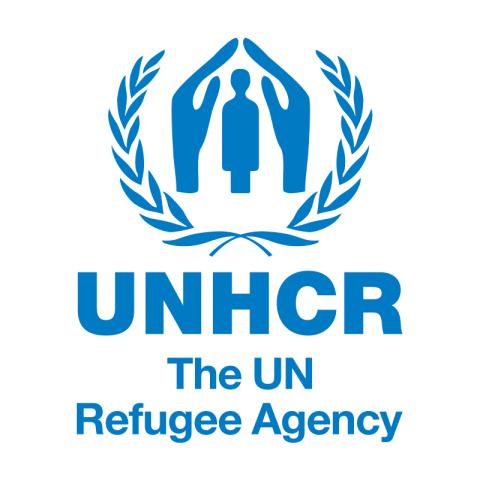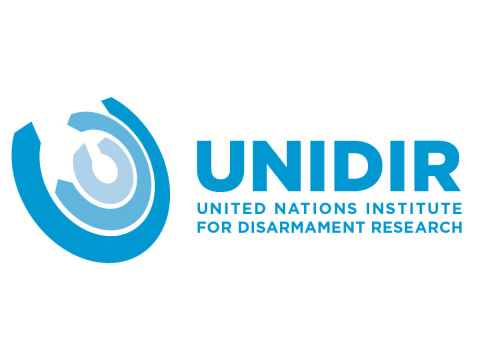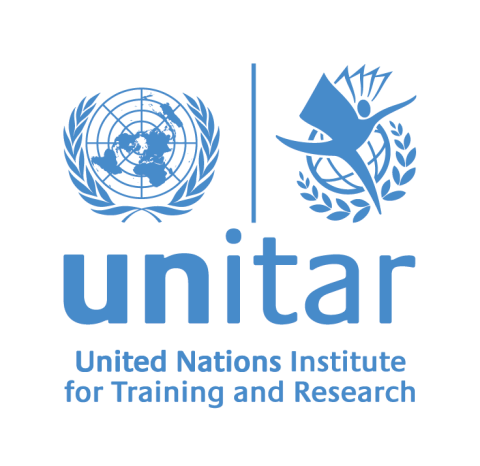
面包屑
- 此页面是使用机器翻译翻译的。 阅读全文.
联合国如何致力于和平?
在国家内部或国家之间出现分歧的初期,联合国会介入,防止其演变成暴力冲突。联合国的“预防性外交”可以涵盖以下一项或多项活动:
- 安全理事会对任何此类情况进行调查,并建议采取下一步措施以达成和平解决。
- 秘书长可以充当各方之间的谈判代表。或者,他可以授权一位特使(一位联合国高级官员)将冲突各方带到谈判桌前,进行讨论并达成妥协。
- 当双方同意由第三方中立方指导达成协议的进程时,联合国将提供调解服务。政治和建设和平事务部(DPPA)设有调解支助股,为和平进程提供咨询、资金和后勤支持。该股还可以派遣经验丰富的调解员前往世界各地。
- 政治特派团是承担不同任务的外地办事处,包括预防性外交。这些特派团致力于预防和解决冲突,并支持一国境内复杂的政治进程。
- 此外,联合国正在进行的许多活动都是为了防止冲突:该组织在发展、减少贫困、尊重人权和限制武器方面的工作为其维护和平的努力做出了宝贵的贡献。
示例:联合国西非和萨赫勒办事处(西萨办)的专门职责是在西非开展预防性外交和调解。作为其职责的一部分,西萨办负责监督国际法院关于喀麦隆和尼日利亚边界冲突裁决的执行。该办事处协助划定边界,协助受影响社区,并管理争议地区内尼日利亚向喀麦隆的权力移交。
如果冲突爆发并蔓延,联合国的主要目标就是保护无辜人民并尽快结束敌对行动。
联合国方面的行为主体与预防冲突第一阶段大致相同,但侧重点有所转变:
- 安全理事会讨论所有侵略行为并提出未来行动建议。这些行动范围包括对侵略者采取经济制裁和军事行动。
- 秘书长的职责与其特使一样,涉及调解和仲裁,以克服紧张局势。他们以及其他经验丰富的联合国调解员可以就权力分享、自然资源与冲突、制宪、停火和其他安全安排等问题向各方提供建议。
联合国维和行动往往是迈向持久和平的第一步。如果冲突中的安全局势足够稳定,联合国将进行评估以确定后续步骤,并向安全理事会报告调查结果。安理会可以决定部署联合国维和人员,这是一种可行的选择。这些维和人员由军事、警察和文职人员组成,可承担各种任务,从保护平民到确保冲突各方不再发生冲突,再到协助重建正常运转的国家和治理——例如,协助恢复法律和安全机构;监督选举;解除前战斗人员的武装并帮助他们重返社会等等。
目前,联合国在世界各地开展11个维和行动。
冲突结束后,受影响的国家需要从其后果中恢复,城市和社会也需要重建。由31个会员国组成的联合国建设和平委员会负责讨论此类恢复战略,并将所有参与长期冲突后和平进程的各方聚集在一起。该委员会由政治和建设和平事务部提供支持。此外,该部还管理一个建设和平基金,用于投资各级建设和平活动。该基金涵盖咨询、心理或法律服务的费用,以及对受影响人员的资金支持、培训和社区对话。
一些政治特派团肩负着专门的建设和平任务。例如,联合国塞拉利昂建设和平综合办事处(联塞建和办,2008-2013年)的设立旨在提供政治咨询,促进和平与政治巩固,为国家警察和安全部队提供支持和培训,并建设民主机构的能力,以促进善治并促进和保护人权。
道理很简单:一个武器更少的世界,武装冲突也会更少。因此,联合国的裁军工作是其实现和维护和平整体努力中的一个重要组成部分。
致力于和平的联合国组织
根据安全理事会第 2254 (2015) 号决议,联合国叙利亚问题特使致力于在交战各方之间建立信任,并召集和促进谈判以政治解决叙利亚冲突。
特使致力于让叙利亚政府和反对派叙利亚谈判委员会以及所有主要参与者参与持续和全面的对话和谈判。
特使处理第 2254 号决议中概述的所有问题。
联合国开发计划署是致力于结束贫困、不平等和气候变化的不公正现象的领先联合国组织。该机构与 170 个国家/地区的广泛专家和合作伙伴网络合作,帮助各国为人类和地球构建综合、持久的解决方案。
UNDP 日内瓦办事处是 UNDP 日内瓦和总部设在日内瓦的组织的平台,也是与法国和瑞士政府的主要联络点。自 2014 年 10 月以来,联合国开发计划署日内瓦办事处作为综合伙伴关系办公室,跨方案和代表职能开展工作。它确定、建立和发展开发署的机构能力,以加强广泛合作伙伴之间的战略伙伴关系,主要是与方案国和捐助国、联合国系统、非政府组织和民间社会组织、私营部门、政府间组织、国际金融机构、区域银行 [...]








